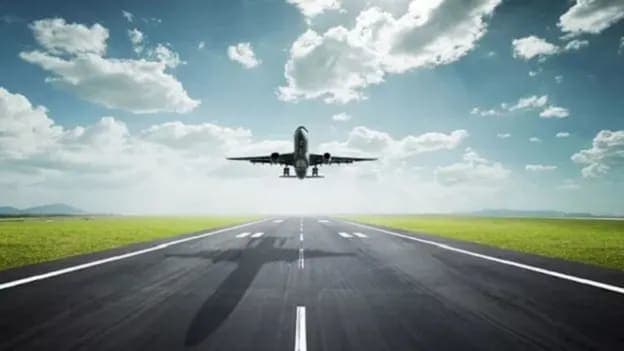SATS cuts management pay still further

SATS, the largest ground services provider at Singapore’s Changi Airport, today announced that it is cutting the pay of its senior and mid-level management teams still further. SATS president CEO Alex Hungate has taken a 15 percent pay cut effective March 1, while other members of the management team are taking cuts of 5 to 12 percent depending on seniority. The company is also reducing the fees of its non-executive directors by 15 percent.
This latest round of cuts follows on the company’s announcement in February that it was cutting management pay by 10 percent as part of cost-saving and job-saving measures. More controversially, that announcement was accompanied by requests for staff to go on voluntary unpaid leave, although their jobs would be retained for them, and the option of early retirement for employees over the age of 55. Employees below management level did not otherwise take any pay cuts. The move may have been made in line with the Singapore government's stated priority to save jobs in the city-state.
In today’s announcement, SATS said that the Covid-19 outbreak has “led to a significant drop in demand for air travel globally, with a corresponding reduction in revenue for SATS across all markets.” SATS operates in 60 locations across 13 countries in Asia and the Middle East, and employs a workforce of approximately 15,000. The reduction in revenue, according to the company, will “substantially and adversely affect profitability for the quarter and the full year when compared to the respective corresponding periods last year.”
However, the company also insists that the disruption is only to its short-term earnings, and has even invested in expanding its product offerings in anticipation of an upswing. This approach is an unusual one in an era of short-term investor focus and golden packages for senior executives, and especially during a period of general global apprehension about the viral outbreak.
SATS is a fairly old company, dating back to the start of commercial aviation in Singapore in the 1960s, and as such has weathered its share of ups and downs including various financial crises.
















